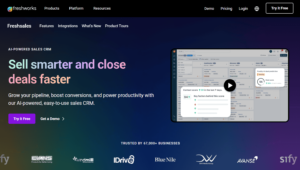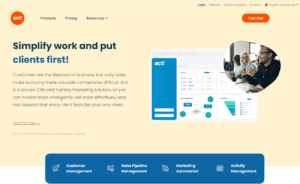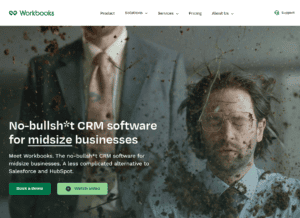Ticket sales strategies are the methods used by event organizers to sell tickets for their events. They can be categorised into two types, demand-based and supply-based.
Demand-based strategies are those that depend on the number of people who want to buy tickets to an event. They can be used in cases where there is a limited number of tickets available or when there is a high demand for tickets. Some examples of this type of strategy are first come, first served and waiting list.
Supply-based strategies are those that depend on the number of people who can buy tickets at a particular time or location. These types are often used in cases where there is a high demand for tickets but only limited availability. Some examples of this type include pre-sales, group sales, and flash sales.

How to Boost a Sports Organization’s Ticket Sales
Plan ahead
A simple promotional plan can save you both time and money if you’re a regular reader of this toolkit. Find out how to plan your social media marketing.
Think about the following questions as you develop your plan:
- Where can you find the best return on investment from social media?
- How do you plan to sell tickets? There might be some organisations who would like to raise a certain percentage of their event budget through ticket sales, while others may feel comfortable earning less revenue from tickets in order to bring more people to their event and fill seats.
- How does your event’s design (colours, fonts, imagery, etc.) look and feel?
- Did the last event sell out? What challenges did you face?
- How much money do you have for social media advertising or prize giveaways?
- Is sponsorship possible?
- Where are people coming from? What is the interest level of your event attendees in regards to a specific athlete, such as a friend/family member, or do they care about the sport in general? Do people come to your event for the beer garden and the rowdy atmosphere, or is it a cheap family event?
- Do you have a plan for connecting your online selling strategy with your offline selling strategy?
- Could you run your online campaign from your organisation’s existing social media accounts, or should you create distinct social media accounts for your event?
Develop an online sales page that covers all aspects of ticket sales
You can customise the ticket sales page on most online sales platforms. You should:
- Give your fans all the details about your event (map, address, schedule, type of tickets, etc.), but don’t overburden them with details.
- Your marketing materials, including posters and your website, should have the same feel and look like your website.
- Be as specific as possible when collecting data from customers. For instance, you may ask how the attendee heard about the event. It’s possible to ask different questions to different customers based on the type of ticket they bought (all-day vs single-game ticket).
- Your return on investment can be improved by including promotional space on the event ticket page for major sponsors. You are undervaluing the potential of your online ticket page.
- Provide event attendees with regular updates.
- Your ticket page should be enabled with Google Analytics so you can see how people got to your page and adjust your strategy accordingly.
Create a community on the internet
You know the power of a sports community if you have ever seen Cheeseheads tailgating at a Packers game or seen a European soccer ultra in action. Harness that energy with social media. Get your fans on Facebook well in advance of your event by creating a community where they can share their love of your sport. Many smaller events can be advertised through your organisation’s social media accounts. Even big events like a world championship may require dedicated accounts. You will have a community ready to promote your event and share your message when it comes time to sell online tickets.
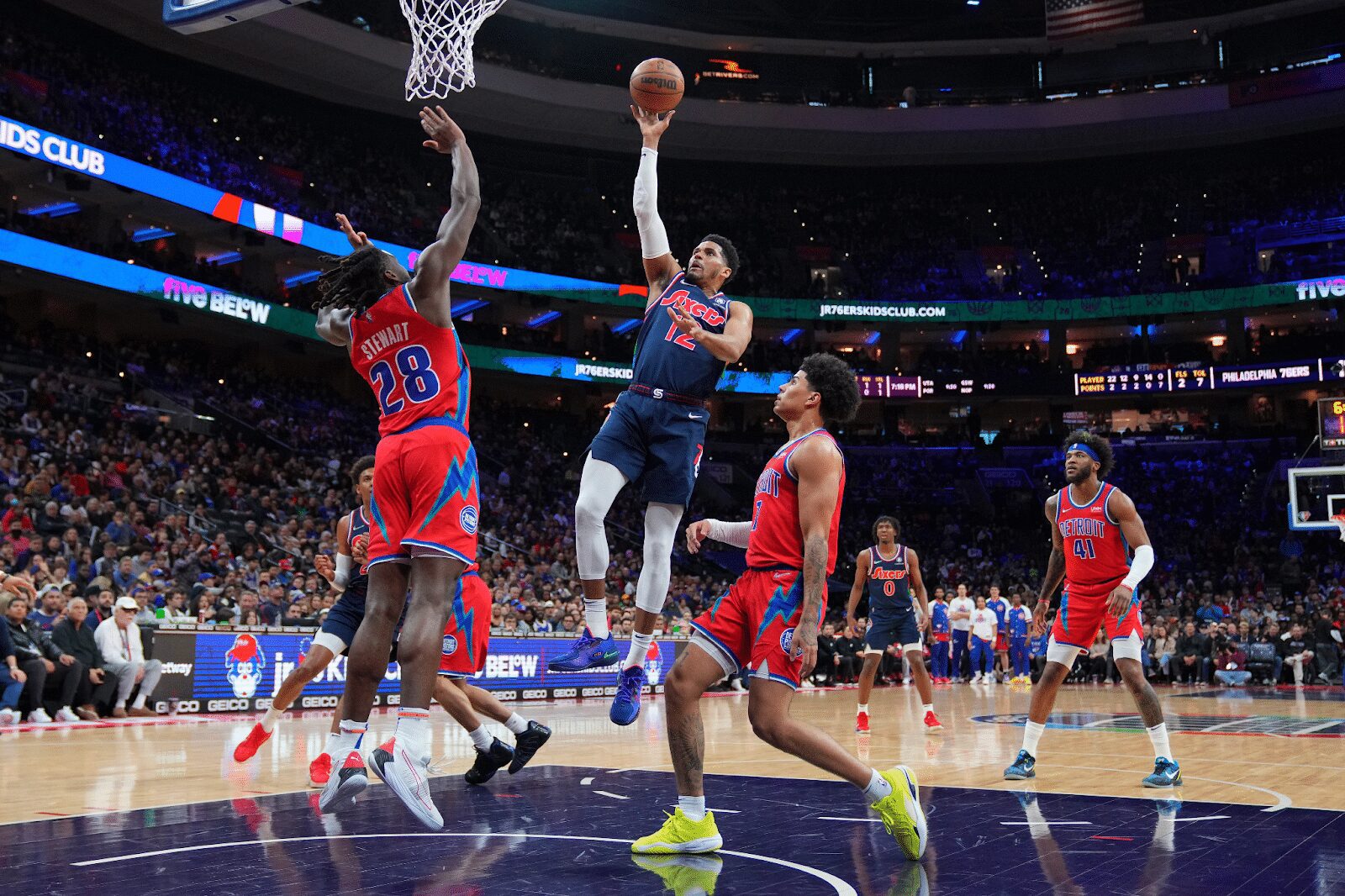
Goodwill creation
Researchers have found that sports teams that give away some form of “social good” as part of their marketing campaigns, such as offering free tickets to charities or hosting awareness days to raise money for social causes, have greater engagement on social media and higher ticket sales online, especially among Millenials. Take advantage of social media to promote your goodwill initiatives.
The confirmation email can be used to your advantage.
Attendees receive an email confirmation when they purchase tickets online. Your fans can benefit from this event by following you on social media, inviting their friends to your event, or even entering an online contest. Adding links to online merchandise or your donation program will most likely increase your fans’ chances of making another purchase immediately after buying a ticket. Don’t overwhelm your fans with too many requests, and create a strong call to action.
Customise your messages based on the different types of fans you have
Attending an event has different meanings for different types of fans. You can increase ticket sales through social media marketing and e-mail marketing. Target an audience with tailored social media content. If your relative is representing Team Canada after years of hard work, you might sell tickets by appealing to their sense of pride. Organise different email lists for friends, family, past attendees, former athletes, and current members, and include a different message in your promotional emails for each group. There are even some organisations that offer discounts for friends and family as well as alumni athletes to make them feel involved in the event.
Incentivise your customers
According to studies, people are more likely to share news about a special offer with their friends and family if they feel they’ve received an exclusive offer. You can boost your event’s virality by offering special social media deals. According to leading team sports marketers, incentives should be based on economics, social interaction, or emotion.
- You should offer advanced tickets, discounts, and free merchandise to your most ardent fans first. Influencers who hear about your event early will feel engaged in helping you promote it.
- Take advantage of social media for last-minute seats.
- Provide loyalty programs for recurring fans.
- Utilise social media discount codes to offer discounts to your followers. Track the success of each social media platform by using different coupon codes.
- Organise a competition. Please refer to our social media contests module for more information.
- Take advantage of social media followers’ interest by offering them an exclusive experience, such as meeting the team or touring the facility before the match.
- With Eventbrite, you can promote your event by running affiliate programs. The affiliate programmers of your event will receive a customised URL to use for promotion. Affiliates earn either a percentage of ticket sales or special incentives like free tickets every time a URL generates a ticket sale.
Connect emotionally
Human touch can be lost in online communication, but studies have shown that recurring sales are largely driven by having an emotional connection to the team. Study after study shows that repeat fans generate higher revenue in all areas, including merchandise sales.
To connect, do the following:
- Appreciating the support of your recurring fans.
- Adding a personal touch to your social media accounts. Don’t feel robotic or formal when responding to fans’ comments on your page.
- Make Facebook content that resonates with fans’ emotions. Take advantage of your love of the sport, your support of your favourite athlete, or your patriotism.
Advertise on the internet
Social media ads have yet to prove successful. If you decide to use Facebook ads, you will be able to target more potential attendees thanks to Facebook’s improved algorithm. Aim your ads at a certain gender, age, or demographic of the people who follow you on Facebook. If a user visits your ticket site but doesn’t buy, you can use the remarketing pixel on Facebook to track their behaviour. Within an hour, a Facebook ad will remind them of your event. Alternatively, you can receive free Google advertising of up to $10,000 if your organisation is a non-profit.
Conclusion: How do you attract fans to sporting events
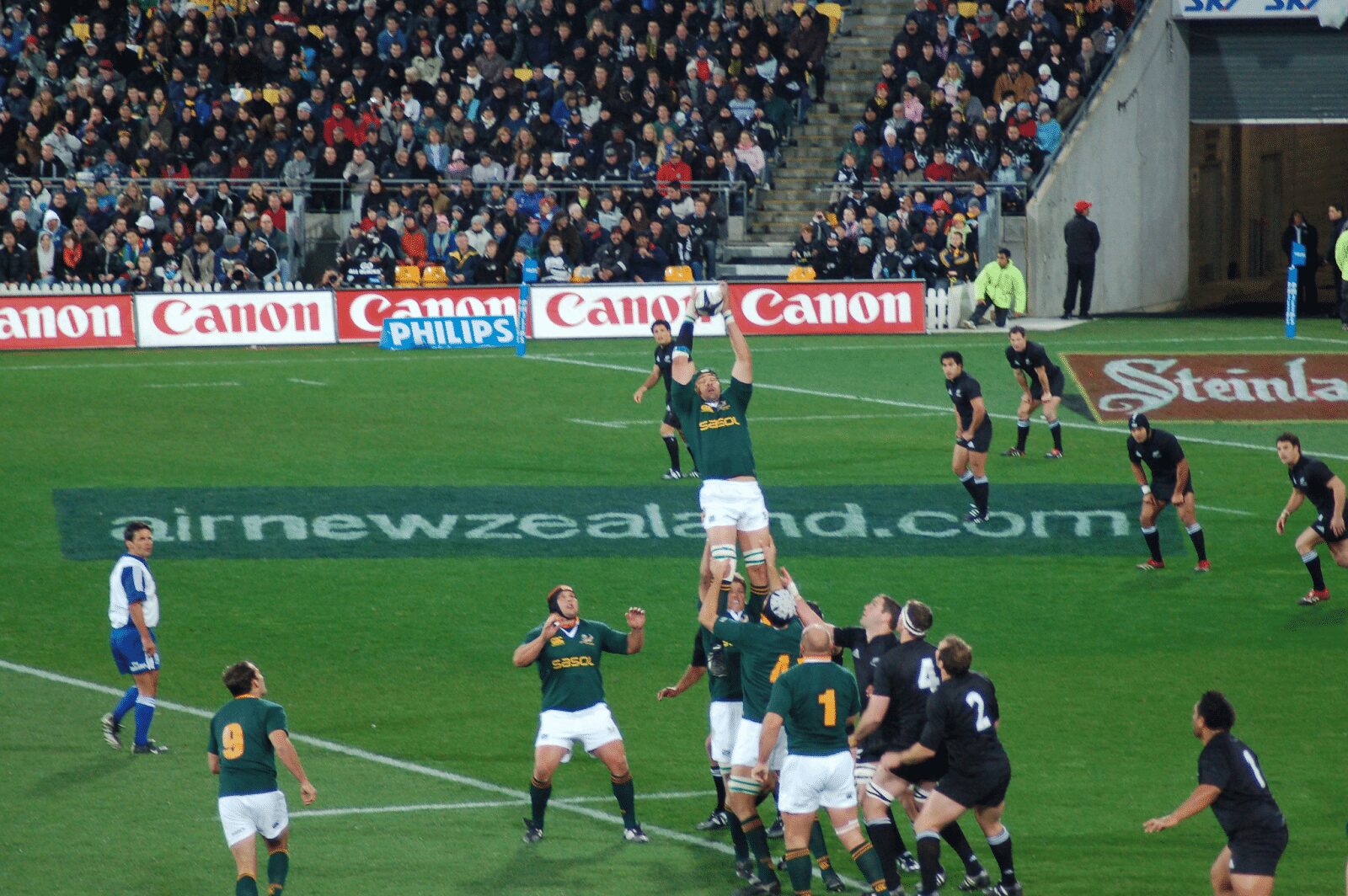
The future of sports is exciting. With the rise of technology, we are seeing more and more innovations in the world of sports.
Attracting fans to sporting events has become a major issue for many organisations. There are a lot of ways to attract fans to sporting events, but one way that is often overlooked is through digital marketing. By incorporating digital marketing into their strategy, organisations can create unique experiences for their fans and increase the number of people attending their events.
There are many different types of digital marketing strategies that organisations can use to increase attendance at sporting events. Some examples include social media campaigns, mobile apps, and augmented reality technologies.
Frequently Asked Questions
What are the three types of sports marketing?
There are three types of sports marketing:
– Direct: This is when an individual or a company pays for advertising space on a broadcast channel.
– Indirect: This is when an individual or company pays to have their products featured on a broadcast channel.
– Mixed: This is when the advertiser and broadcaster work together to create content that will be aired on the broadcaster.
How do you create a marketing plan for an event?
There are a lot of steps in the process of creating a marketing plan for an event. The first step is to identify the event and its purpose.
The next step is to think about what your company wants to achieve with the event. For example, if you’re planning an event for your company’s new product launch, you might be focusing on getting press coverage or driving traffic to the website.
After this, it’s time to get creative with your ideas and see what fits into your marketing plan. You can use different mediums like social media, email marketing or direct mail campaigns.
How can I increase my ticket average?
One of the most common questions that we get asked is how to increase your ticket average. This article will provide you with some insights on how you can improve your average ticket sales.
The first step to increasing your ticket average is to set up a system that helps you manage the process. You should create a workflow for yourself and make sure that it is easy for you to follow. The next step would be creating content that targets specific keywords and topics in your niche. Finally, make sure that you are targeting the right audience.
The last step would be promoting yourself and your content effectively so as to generate traffic and increase sales in the long term


